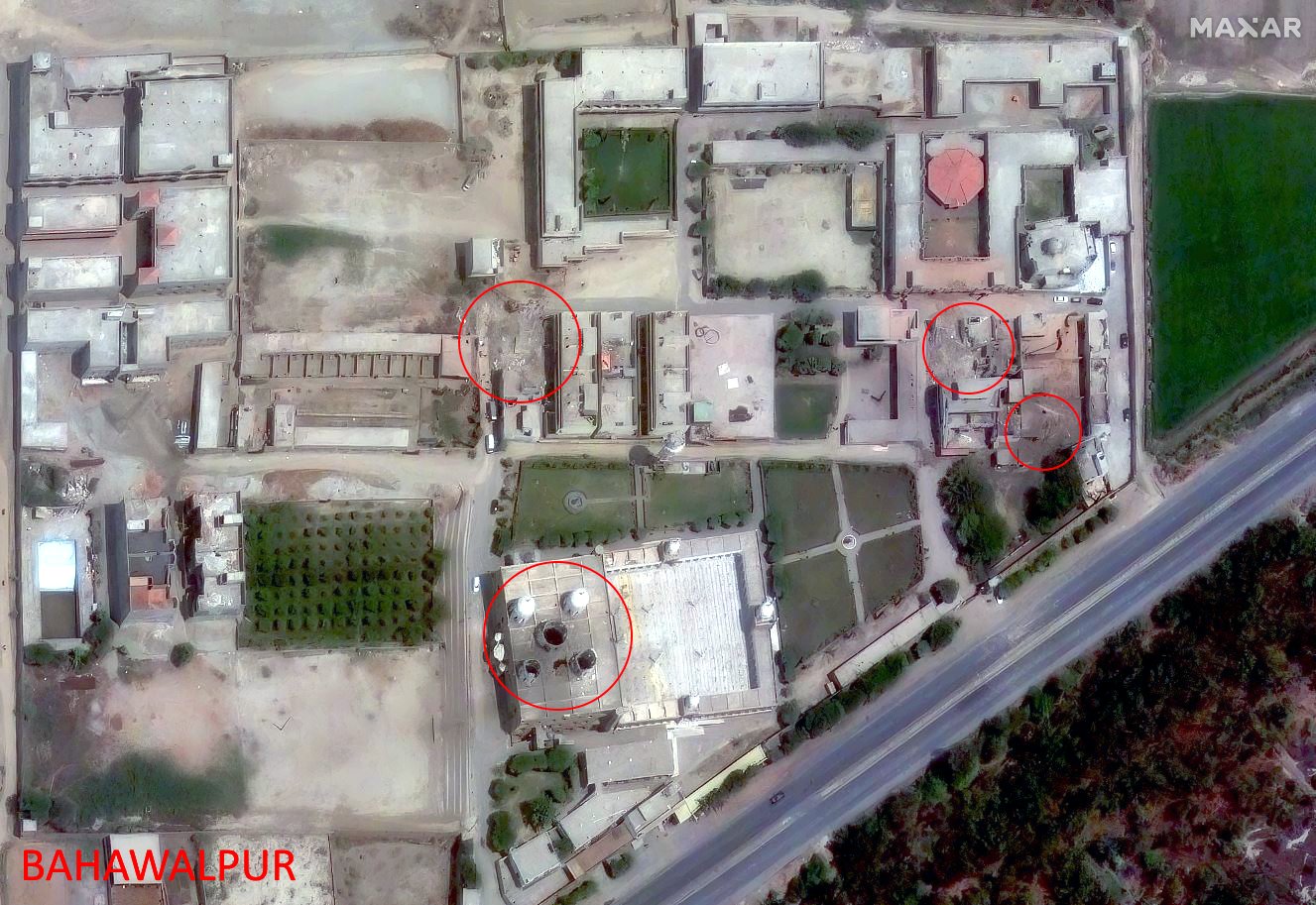The big political story of the week was West Bengal Chief Minister and Trinamool Congress (TMC) chief Mamata Banerjee's open challenge to the Congress's claim to be the leader of the national Opposition. Her visits to Delhi and Mumbai during the week suggested that she intended to extend the footprint of the TMC beyond the borders of West Bengal, her stronghold. In Delhi, she met Prime Minister Narendra Modi and BJP MP Subramanian Swamy. That she did not have a meeting with Congress chief Sonia Gandhi was noticed. Later in the week, she visited Mumbai, where she met NCP supreme Sharad Pawar and Shiv Sena's rising star, Aditya Thackeray. She also held discussions with a section of Mumbai's civil society. In her press conference, she was scathing about the Congress. Her remark — "What is UPA? There is no UPA" — suggesting that the United Progressive Alliance is non-existent, put the state of the national Opposition in context: It is a divided house and its perceived pole, the Congress, can no longer take the leadership of the alliance for granted.
Banerjee senses an opportunity in all this, especially the crisis in the Congress, to stake claim for the centrist space in Indian politics that India's Grand Old Party has occupied. Her outreach to Opposition leaders, dissident Congress leaders, and the civil society hint at a tactic aimed at positioning herself as a national leader and the face of the Opposition ahead of the 2024 general election. In the past few months, the TMC has inducted leaders such as Sushmita Dev and Mukul Sangma and has expanded in Tripura so much that it can project itself as the main opposition in that BJP-ruled state. It has also been exploring Goa, where assembly elections are due early next year, for opportunities. The Congress, predictably, is upset about Banerjee's national plans.
The Indian Express editorial ('Didi at work', December 4) said as politics is a competitive and contested space, Banerjee has every right to do what she is doing. It should spur the Congress to step out of its comfort zone and seize the moment. That could invigorate the Opposition, which is good for the country. An energetic Opposition is necessary to keep a check on the government and hold it accountable to constitutional values and national interest.
Certain remarks of BSF chief Pankaj Kumar Singh were also the subject of an editorial ('Border insecurity', December 2). The Centre's move to expand the territorial jurisdiction of the central forces in border states such as West Bengal and Punjab had been viewed as a violation of federal principles. The Centre then said national security concerns necessitated the step. Singh, however, has offered a twist in this tale. He said the government probably was influenced by the demographic imbalance in border states. He also referred to the political protests in these states as the outcome of demographic change. This is a contentious proposition. Demographic imbalance is a politically loaded term. The proposition that political protests (in this case, against the Citizenship Amendment Act and National Register of Citizens) is the outcome of demographic change and hence, a national security concern is ominous.
The default bail to trade union activist and lawyer Sudha Bharadwaj, imprisoned in the Bhima Koregaon/Elgar Parishad case without trial for over three years, was welcomed by this newspaper ('Bail, not jail', December 4). The editorial recalled that the Supreme Court has said multiple times in the past that bail is a right.
China's naval buildup in the Indian Ocean region has a bearing on India's security interests. In his scholarly article, Admiral Arun Prakash analyses Beijing's naval push and prescribes what ought to be New Delhi's response. He writes ('China in sea, India at dock', December 2): "India has neither the economic and industrial wherewithal nor the need to compete in a naval arms race with China. But we do need to ensure adequate naval capability to safeguard our vital interests: Seaborne trade and energy traffic, as well as marine wealth, present and latent. At the same time, our naval forces should be able to field capabilities (in all three dimensions) to exercise control of the seas where and when we want and to deny their use to hostile powers. Our interests also extend to the security and well-being of our maritime neighbours, and while expediting projects like Chabahar in Iran and Agalega in Mauritius, we must reach out to locations like Madagascar, Comoros and Socotra...
"Calls for enhancing the navy's share of the defence budget from a paltry 12 per cent to at least 18-20 per cent are certainly justified. But, of equal importance, is the formulation of a 'National Strategy for Maritime Security' that goes well beyond building a capable 'fighting navy' and encompasses the upgradation of the full gamut of India's maritime capabilities including shipbuilding, merchant shipping, ports, seabed exploration and fisheries. As it stands, India's failure to bring a sharp focus on maritime capacity-building represents not only an economic 'missed opportunity' but also a yawning gap in maritime security."
Keri Daruwala ('Who should be policed', December 2) raised questions important to every democracy in a response to NSA Ajit Doval's address to IPS probationers, where the latter spoke about the civil society in unflattering terms. Daruwala, writer and former chairman, Joint Intelligence Committee, wrote that, "With states becoming more aggressive and omnivorous, the need is to protect civil society from depredations of the state."
Ganesh Devy's scintillating essay ('For the praja, by the praja', December 3), the article on the need to revamp National Family Health Benefit Scheme by Jean Dreze and Jasmin Namur Hafiz ('Beyond Notional Benefits', December 4) were among the many other important op-eds we published during the week.
Pratiksha Baxi, Associate Professor, Centre for the Study of Law and Governance, JNU, and a frequent contributor to Express oped pages, has been awarded the Infosys Prize 2021 for Social Sciences "for her pioneering work on sexual violence and jurisprudence".

No comments:
Post a Comment